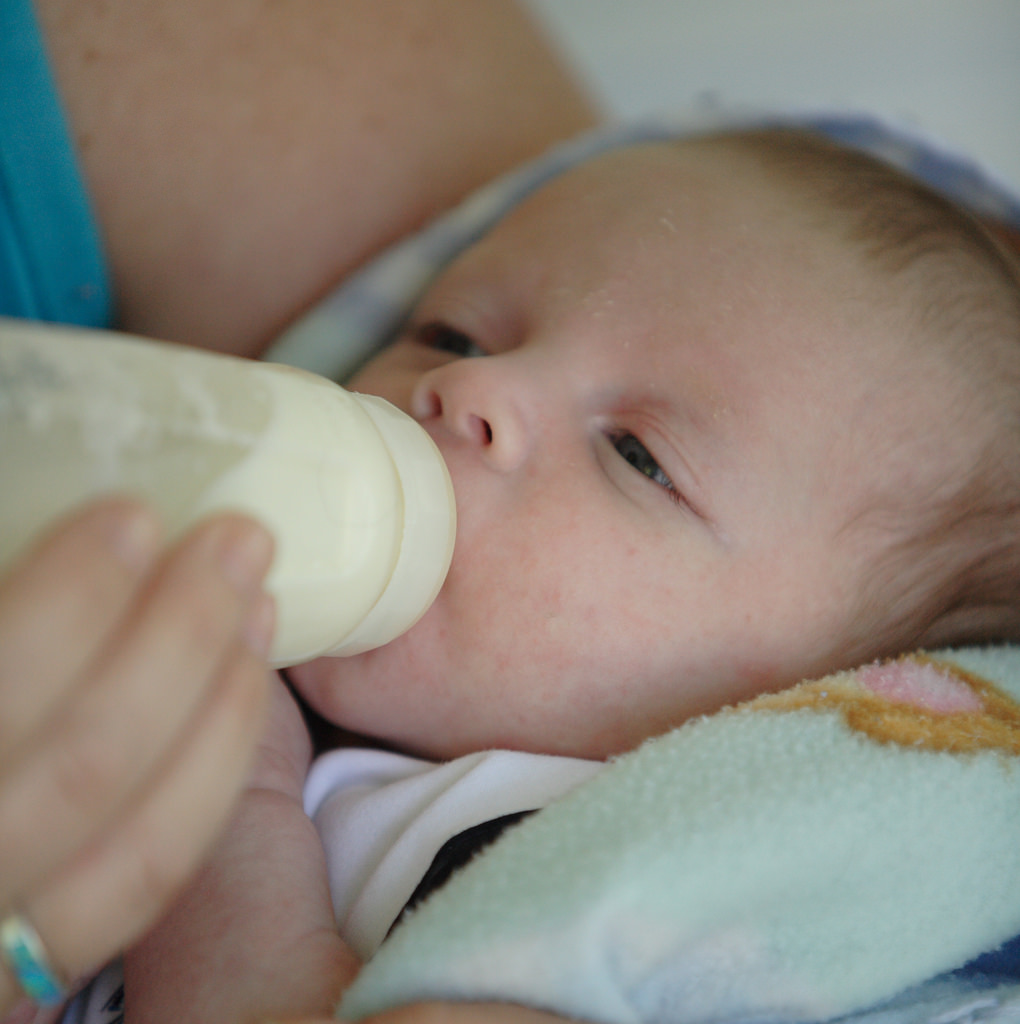This model of feeding is driven by infants

 Newborn feeding is complex, and it’s an especially demanding and skilled task for the fragile, premature and/or critically ill newborn. Learning how to feed can be the last hurdle for an infant before they can be discharged home – it can prolong their NICU stay for a substantial amount of time.
Newborn feeding is complex, and it’s an especially demanding and skilled task for the fragile, premature and/or critically ill newborn. Learning how to feed can be the last hurdle for an infant before they can be discharged home – it can prolong their NICU stay for a substantial amount of time.
In order to better support our babies and their families through this delicate and critical period, our unit has adopted the Infant-Driven Feeding (IDF) model of practice. This practice is driven by the baby’s stability, behavior and maturity, instead of using a standard feeding approach for every infant. The new model is consistent and supportive of the transition to oral feeding. The IDF model of practice is family-centered, neurodevelopmental at its core and focuses on long-term feeding success for the infant and the family.
Research shows that the IDF model improves quality of care by:
- Increasing positive feeding experiences and reducing negative oral experiences during a critical brain development period;
- Improving knowledge of feeding as a complex task and understanding of age-appropriate interventions;
- Supporting the vital parental role in the feeding process; and
- Aligning practice with evidence-based medicine.
In addition, IDF evidence has shown positive outcomes including improved parental satisfaction, improved consistency of and continuity in care, decreased length of stay and decreased time to full oral feeds without sacrificing safety and quality. Learn more about our NICU.
